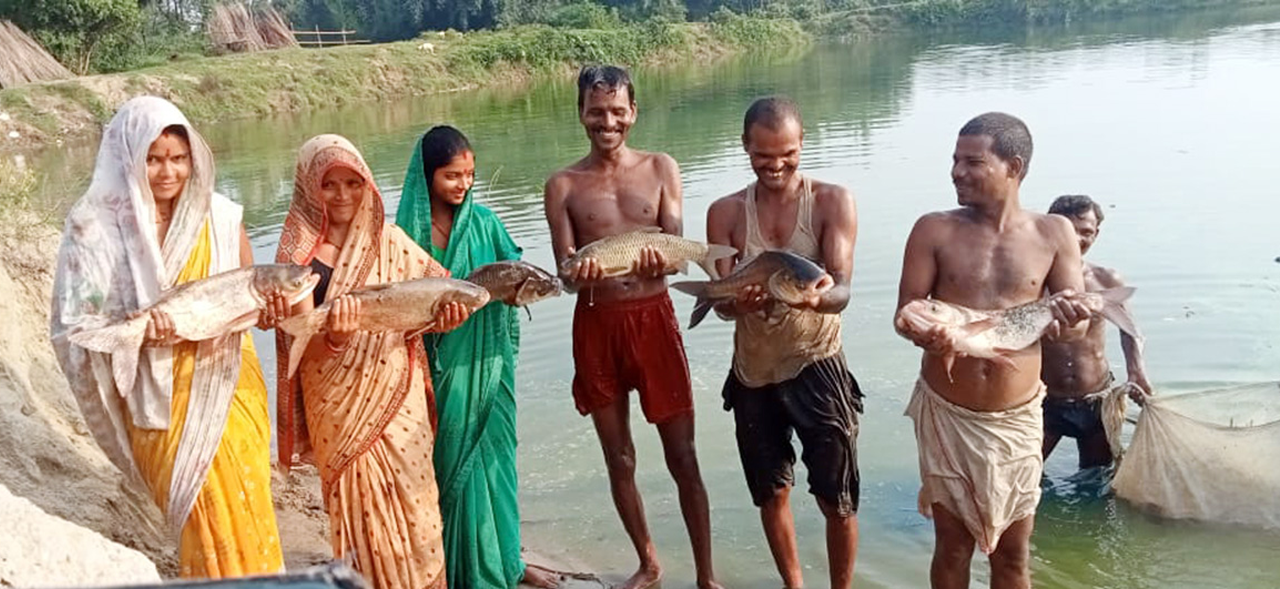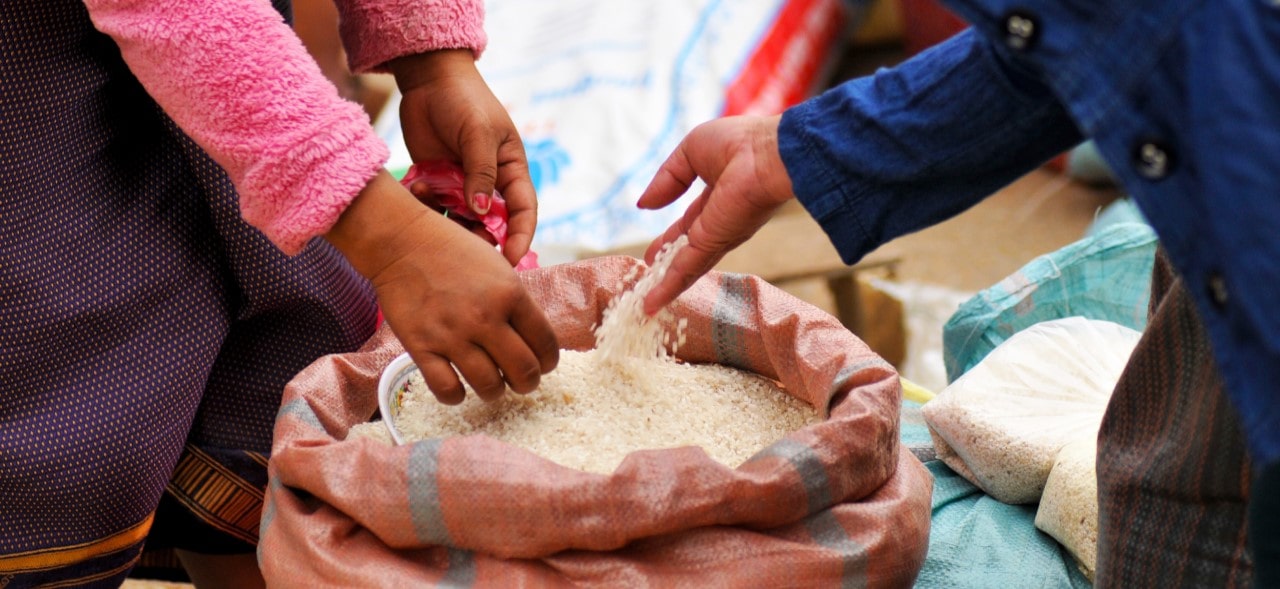Top MSC blogs of 2023
by MSC
Dec 29, 2023
4 min
In 2023, MSC focused on several sectors, which included MSMEs, agriculture, microfinance, gender, youth, climate change, and digital finance. Most of our work revolved around the use of digital payments and policy changes to arm people from the low- and moderate-income (LMI) segment and build their resilience. We are delighted to reshare our most-read blogs in 2023.
1. Fishing for change: How a policy initiative in India’s Bihar state shows pathways to women’s economic empowerment and climate change adaptation

2. Women in the digital economy
The COVID-19 pandemic carved out a prominent role for digital technologies in enabling economic transactions. However, the gender divide in access to digital technologies hurts women’s ability to participate in the labor force. This blog explores the nature of women’s work and how digitization shapes it. We outline the opportunities and challenges in the digital economy and offer recommendations to ensure a fair digital economy for women.
3. How policy changes could revolutionize how entrepreneurs in Kenya can access finance
This blog examines the Kenyan government’s policy reforms to allow entrepreneurs better access to affordable and convenient credit. It specifically looks at how the government’s financial inclusion fund—the Hustler Fund—promises to improve the financial health of MSME
4. UPI 123Pay: The four-leaf clover for feature phone-based payments in India?

5. Daily diaries: Reimagining how we generate insights to optimize cash-in, cash-out
The blog discusses the Agent Diaries approach, a research method that tracks the financial transactions of different types of CICO agents over time. It highlights the data gaps, challenges, and insights related to the agency business. It also compares the traditional and technology-driven ways of data collection and their cost-effectiveness.
6. Decoding agriculture market linkages for FPOs: Lessons from the field

7. Lessons from the Financial Diaries research with women traders in Kenyan open-air markets and cross-border trades
From our financial diaries research, we present the stories of Janet and Rebecca, two inspiring women entrepreneurs in Kenya. Please read our new blog as they shed light on women’s financial realities in the open-air market and cross-border trade sectors in Kenya.
8. DEBIT: Unpacking women’s choice of financial channels
MSC unpacked women’s choice of channels for financial transactions in India, Bangladesh, Kenya, and Indonesia. The result is a tool – the DEBIT framework. The four pillars of the framework are Diffidence, Education, Bias, Investment, and Trust. Read this blog to learn more about the framework and its application.
9. Decoding India’s Digital Personal Data Protection Act

10. Enhancing resilience of smallholder farmers against climate change—can parametric agricultural insurance make a difference?
Parametric insurance solutions can offer smallholder farmers in developing countries an accessible, reliable, and affordable way to protect themselves. A multi-stakeholder approach is needed to make these solutions work for smallholder farmers, supported by catalytic capital for their development and scale-up.
 by
by  Dec 29, 2023
Dec 29, 2023 4 min
4 min
Leave comments